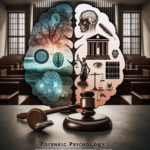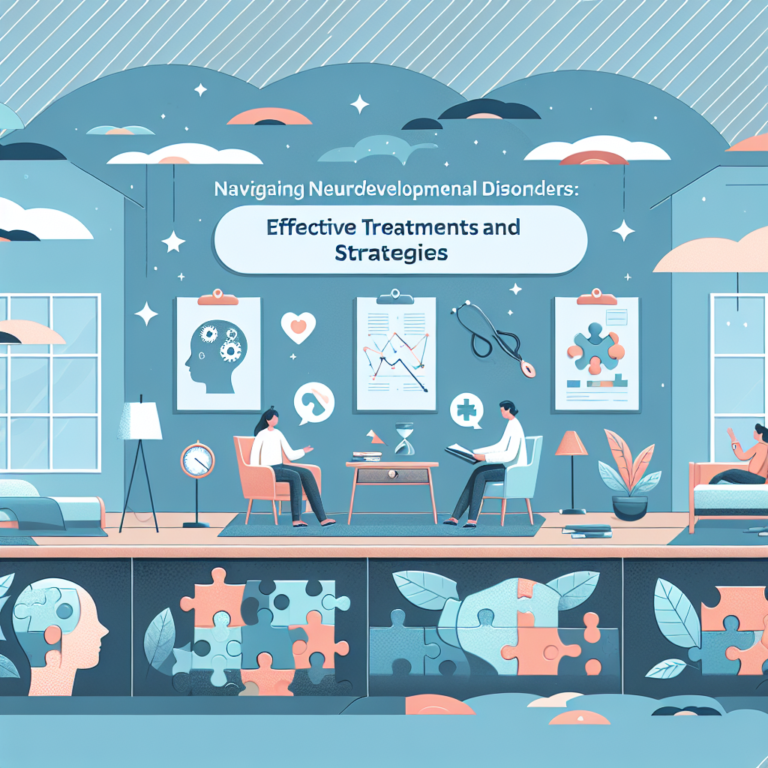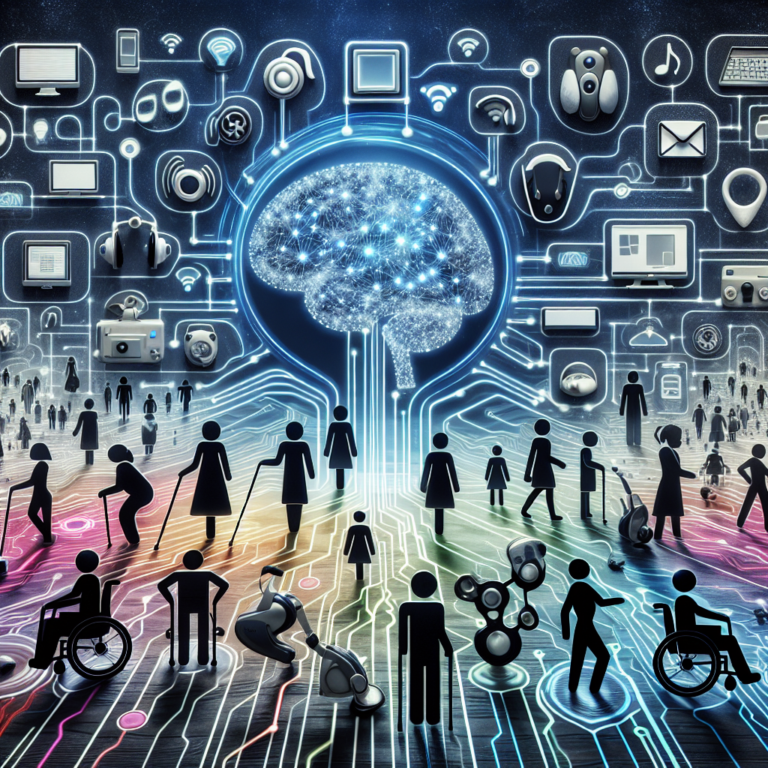
Disconnection: Unraveling the Hidden Psychological Dangers of Long-Term Isolation
Introduction
In today’s interconnected world, the paradox of disconnection is startling. While technology bridges distances and fosters communication, many individuals still grapple with profound feelings of isolation. Disconnection: Unraveling the Hidden Psychological Dangers of Long-Term Isolation delves into these overlooked consequences. As we explore the depths of what long-term isolation can do to the human psyche, we uncover insights that are not just relevant but essential. Why does it matter? Because understanding the harmful ramifications of isolation equips us to fight against its effects, providing a lifeline to those feeling alone in a crowded room.
Understanding Disconnection
The Definitions and Dimensions of Isolation
Isolation isn’t merely a physical state; it encompasses emotional, social, and psychological dimensions. Disconnection: Unraveling the Hidden Psychological Dangers of Long-Term Isolation introduces us to a world where individuals may be surrounded by others yet feel utterly alone.
Physical Isolation: This is where a person finds themselves geographically separated from others, often in remote settings or during circumstances like quarantine.
Social Isolation: Characterized by a lack of social networks—few friends or limited social interactions—this dimension highlights feelings of exclusion from community or society.
- Emotional Isolation: Perhaps the most insidious form, emotional isolation refers to feeling disconnected from one’s own feelings, leading to an inability to relate to others.
The Spectrum of Disconnection
To better understand the implications of disconnection, we can assess it on a spectrum—from mild disconnection to severe isolation. This is illustrated in the following table:
| Type of Disconnection | Description | Potential Effects |
|---|---|---|
| Mild Disconnection | Minor interruptions in social engagement | Feelings of loneliness |
| Moderate Disconnection | Regular lack of interaction with peers | Anxiety, mild depression |
| Severe Disconnection | Extended periods of avoidance or solitude | Severe mental health deterioration |
The Psychological Impact of Long-Term Isolation
Emotional Distress
One of the most profound effects of long-term isolation is emotional distress. Disconnection: Unraveling the Hidden Psychological Dangers of Long-Term Isolation reveals that individuals may experience heightened anxiety, depression, and a general feeling of despondency.
Case Study: Sarah’s Solitude
Sarah, a 32-year-old writer, found herself increasingly isolated after moving to a new city. Initially excited about her independence, she quickly fell into a cycle of disconnection. After a year, she reported feeling more anxious and depressed, impacting her creative output. Sarah’s story encapsulates how quickly isolation can lead to emotional turmoil.
Cognitive Decline
Isolation not only affects the heart but also the mind. Research shows that prolonged disconnection can lead to cognitive decline, impacting memory and decision-making processes.
Analysis: The Neuroscience Behind Isolation
Studies utilizing MRI scans have revealed changes in brain density and structure among those who are isolated for extended periods. The brain’s gray matter reduces, resulting in issues with spatial awareness, memory processing, and executive functions.
Physical Health Consequences
The impacts of Disconnection: Unraveling the Hidden Psychological Dangers of Long-Term Isolation extend to physical health as well. Isolation can lead to increased risks of disease, as physical health is tightly woven with mental health.
Case Study: John’s Declining Health
John, a 45-year-old veteran, experienced profound isolation after retirement. His disengagement led to sedentary behavior, which spiraled into weight gain and associated health issues like hypertension. His case demonstrates the interconnectivity of mental and physical well-being.
| Health Risks | Description |
|---|---|
| Cardiovascular problems | Increased stress levels lead to heart issues |
| Weakened immune system | Loneliness compromises immune response |
| Higher risk of mortality | Isolated people may lead shorter lives |
Social Skills Decline
Long-term isolation erodes social skills, making it harder for individuals to re-engage with society when they attempt to do so. The subtle nuances of communication—body language, tone, and empathy—may deteriorate.
Case Study: Emily’s Struggle with Social Skills
Emily, a teenager, became increasingly withdrawn during her high school years, opting for online interactions over face-to-face meetings. After graduating, she found re-entering social circles daunting due to her reduced confidence and social skills, illustrating how isolation stunts personal development.
Strategies to Combat Long-Term Isolation
Building Connections
In the face of Disconnection: Unraveling the Hidden Psychological Dangers of Long-Term Isolation, actively building connections is crucial.
Reaching Out: Simple actions, like calling an old friend or joining a new community group, can reignite relationships and foster social engagement.
- Volunteering: Engaging in volunteer work offers a double benefit—helping others and breaking the cycle of isolation.
Therapy and Support Groups
For many, professional help can make a significant difference. Therapy, either individual or group-based, offers a safe space to process feelings of loneliness and disconnection.
Cognitive Behavioral Therapy (CBT): It helps individuals address negative thought patterns contributing to feelings of isolation.
- Support Groups: They provide camaraderie and understanding among those experiencing similar feelings.
Embracing Technology Wisely
In an ironic twist, technology can also bridge gaps of isolation when used correctly.
Online Communities: Forums and support groups can connect individuals with shared interests and experiences.
- Video Calls: Unlike simple texting, video calls simulate in-person conversations, helping to maintain a sense of closeness.
Conclusion
As we unravel the psychological dangers of long-term isolation, it becomes clear that the effects can ripple across various aspects of life—emotional, cognitive, social, and physical. Disconnection: Unraveling the Hidden Psychological Dangers of Long-Term Isolation serves as a clarion call to recognize these dangers and take proactive steps toward connection. Let us inspire ourselves and others to pursue relationships, lean on community, and engage with the world. In doing so, we can mitigate the risks of isolation and foster a vibrant, connected existence.
FAQs
What are the signs of long-term isolation?
- Signs may include persistent feelings of loneliness, changes in sleep patterns, increased anxiety or depression, and declining physical health.
Can isolation lead to severe mental disorders?
- Yes, prolonged isolation can exacerbate existing mental health issues and contribute to the development of disorders like depression and anxiety.
How can someone cope with feelings of isolation?
- Engaging in hobbies, reaching out to friends and family, seeking therapy, and participating in community activities can help alleviate feelings of isolation.
Is isolation more harmful for certain age groups?
- While isolation can affect anyone, studies indicate that older adults and teenagers may be particularly vulnerable to the effects of disconnection.
- Can technology help heal feelings of isolation?
- Yes, leveraging technology for video calls, online support groups, and social media can help maintain connections, although balance is essential to avoid increased feelings of isolation.
This article hopes to create awareness about Disconnection: Unraveling the Hidden Psychological Dangers of Long-Term Isolation, encouraging readers to reflect on their connections and the importance of fostering a supportive community.













